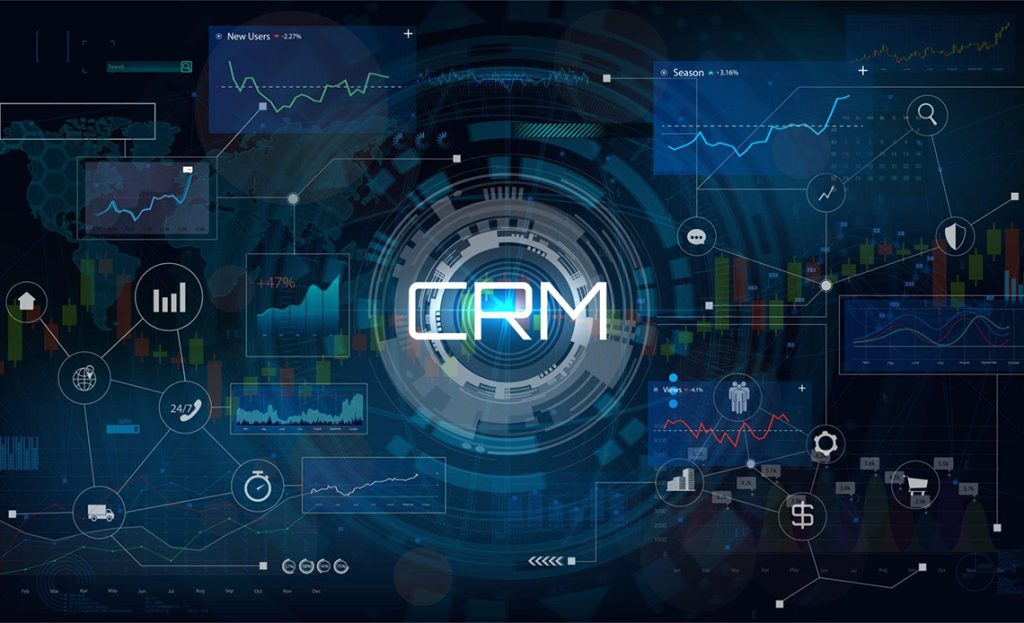Introduction:
In the United Arab Emirates (UAE), businesses across various industries are recognizing the significance of Customer Relationship Management (CRM) systems in optimizing customer interactions and driving business growth. However, choosing the right CRM type that aligns with an organization’s specific needs and requirements can be a daunting task. This article aims to compare the different types of CRM used in the UAE, providing insights into their features, benefits, and suitability for businesses operating in this dynamic marketplace.
On-Premises CRM:
On-premises CRM involves installing and managing the CRM software on the organization’s own servers or data centers. It offers full control over data security and customization, making it suitable for companies with strict compliance regulations or specific integration requirements. On-premises CRM provides the flexibility to tailor the system to unique business processes. However, it requires substantial upfront investment, dedicated IT infrastructure, and ongoing maintenance.
Cloud-based CRM:
Cloud-based CRM, also known as Software-as-a-Service (SaaS) CRM, is hosted on remote servers and accessed via the internet. This type of CRM offers scalability, ease of implementation, and automatic software updates. It eliminates the need for upfront hardware costs and provides accessibility from anywhere with an internet connection. Cloud-based CRM is well-suited for small to medium-sized businesses in the UAE due to its cost-effectiveness and rapid deployment. It also enables seamless integration with other cloud-based applications and offers data security features.
Mobile CRM:
Mobile CRM allows users to access and manage customer data using mobile devices such as smartphones and tablets. This type of CRM provides real-time access to customer information, allowing sales and service teams to stay connected and productive while on the go. Mobile CRM empowers field sales representatives to access customer data, update records, and collaborate with colleagues remotely. It is particularly beneficial for businesses with a mobile workforce or those operating in industries such as retail, hospitality, and real estate.
Social CRM:
Social CRM focuses on integrating social media platforms into the CRM system, enabling organizations to monitor, engage, and analyze customer interactions on social media channels. It helps businesses gain valuable insights into customer sentiment, preferences, and trends, allowing for more personalized marketing and proactive customer service. Social CRM is especially relevant for businesses in the UAE, where social media plays a significant role in customer engagement and brand reputation.
Industry-Specific CRM:
Industry-specific CRM solutions are tailored to meet the unique needs of specific sectors. For instance, there are CRM systems designed for banking and financial services, healthcare, real estate, and hospitality industries, among others. These CRMs offer industry-specific features, compliance requirements, and integrations that cater to the distinct challenges and workflows of each sector. Industry-specific CRM solutions are valuable for organizations in the UAE looking for specialized functionalities and customization options.
Conclusion:
Choosing the right type of CRM is a critical decision for businesses in the UAE seeking to optimize customer relationships and drive business growth.
The comparison of different CRM types, including on-premises, cloud-based, mobile, social, and industry-specific CRMs, provides insights into their features, benefits, and suitability for organizations operating in the UAE’s dynamic marketplace.
By evaluating their specific needs, priorities, and budgets, businesses can make an informed decision and select the CRM type that best aligns with their requirements, ensuring a successful implementation and unlocking the full potential of CRM in their operations.
